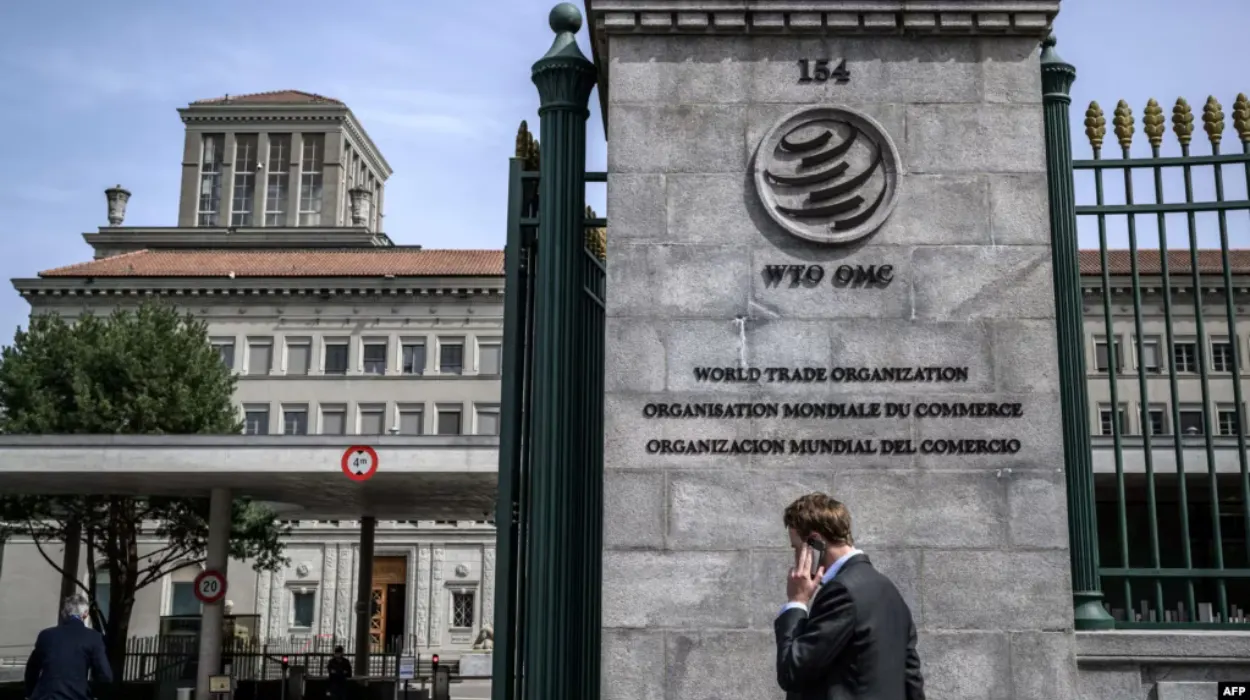The European Union countries made the decision to allow the European Commission to increase taxes on Chinese battery electric vehicles (BEVs). This increase will be up to 33.3%, starting likely on October 31. This highlights that European Union countries are aligning their rules more with the United States, especially when dealing with China. However, many important differences highlight the need for cooperation between the two.
The US and European Union have different strategies to handle this issue. The United States found it easier to act because it had already worked on its strategy. The nation did not import many Chinese BEVs or send its BEVs to China. So, the US makes straightforward decisions.
In May, the US government made an announcement of new taxes on Chinese products. They raise taxes in important sectors, such as on Chinese BEVs. The range of increments lies between 25 percent and 100 percent. The Biden administration claims that support from the Chinese government for these vehicles creates competition that is not fair. Furthermore, it could harm American jobs. Canada is also participating in increasing taxes on Chinese vehicles. The tax increment is 100%.
Recently, the US Commerce Department proposed rules to ban the sale and import of certain connected vehicles and parts from China and Russia because of safety concerns. This highlights a growing concern over fairness and security in trade practices.
The main focus of the United States is on security issues with connected vehicles. The nation’s government does not pay attention to the tariffs. The European Union is moving more slowly. The priorities of its nations are different from the US and mostly linked to China.
Last year, an investigation was done into China’s unfair competition under the leadership of President Ursula von der Leyen. This inquiry affects Europe’s electric vehicle market. At that time, two groups were created. One was under the leadership of von der Leyen and French President Emmanuel Macron. Both of them want stronger tariffs. Another group was under the leadership of German Chancellor Olaf Scholz. This group is against the increasing tax because it relies much more on China’s products.
Recently, China tried to split the EU before the important October 4 vote on tariffs. After the EU suggested tariffs in July, China increased its efforts to influence opinions. Even though the vote will happen as planned, the European Commission is still open to talks with China after the tariffs start later this month.
To push the European Union nations, China used trade threats. They mainly target exports like pork, brandy, and dairy. France, a big exporter, was seen as the main reason for the tariffs. Spain, a major pork exporter, met with China’s President Xi and changed its decision to vote. Other nations stand in favor of increasing tariffs. This includes the Netherlands and Denmark. At the same time, Ireland’s few other nations remained neutral. At initial, Germany decided not to vote but later voted against the tariffs.
China also tried to gain support by offering investments, like building electric vehicle factories in Europe. Spain, Hungary, and Poland were offered these deals. For example, Chery Auto plans to build a factory in Spain to avoid high tariffs. Poland allowed a joint venture to start operations, while a factory in the US owned by Polestar, owned by China’s Geely, could help avoid some tariffs.
Europe is increasing tariffs and giving the toughest time to China. This year the tariffs are higher as compared to past cases like solar energy and 5G. However, this tax increase may not impact China anymore because the nation is still working hard to increase its electric vehicle (BEV) industry in Europe. Some companies may be impacted by this tariff, such as Glee’s company. But China’s market share is still expected to increase. China and Germany are also making efforts to find useful ways to lessen the impact of tariffs. For this purpose, they promote new deals such as setting a minimum price or limiting imports.
Unlike the US, which focuses on security concerns, the EU’s tariffs are more about trade. This leaves Europe open to security risks from Chinese-made BEVs, which may include surveillance technology. The United States has already stopped Chinese software in connected cars. Global talks on these security risks are just starting, with the first meeting in July.





